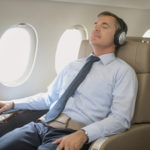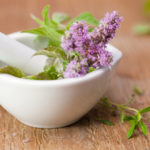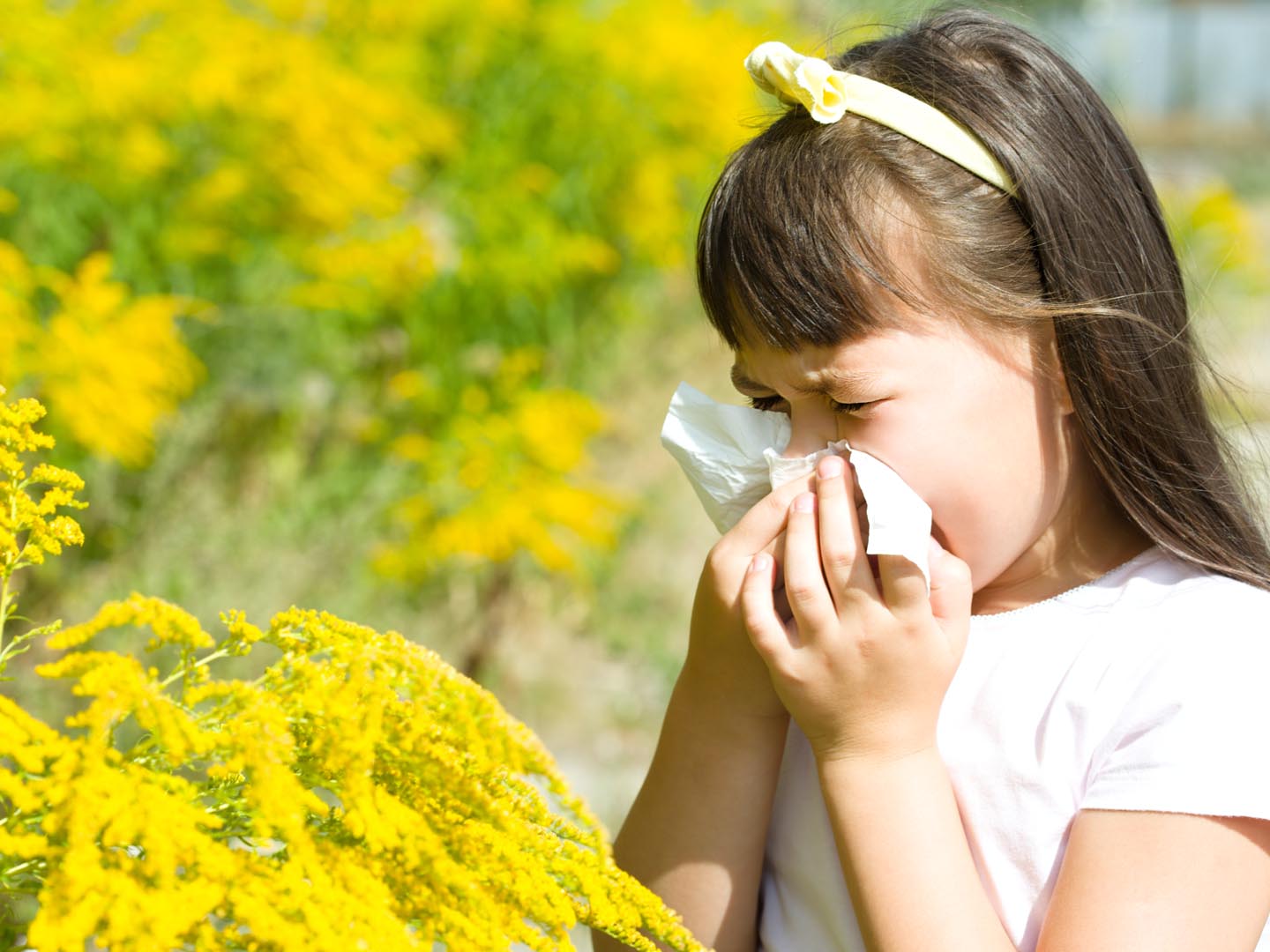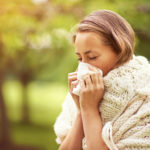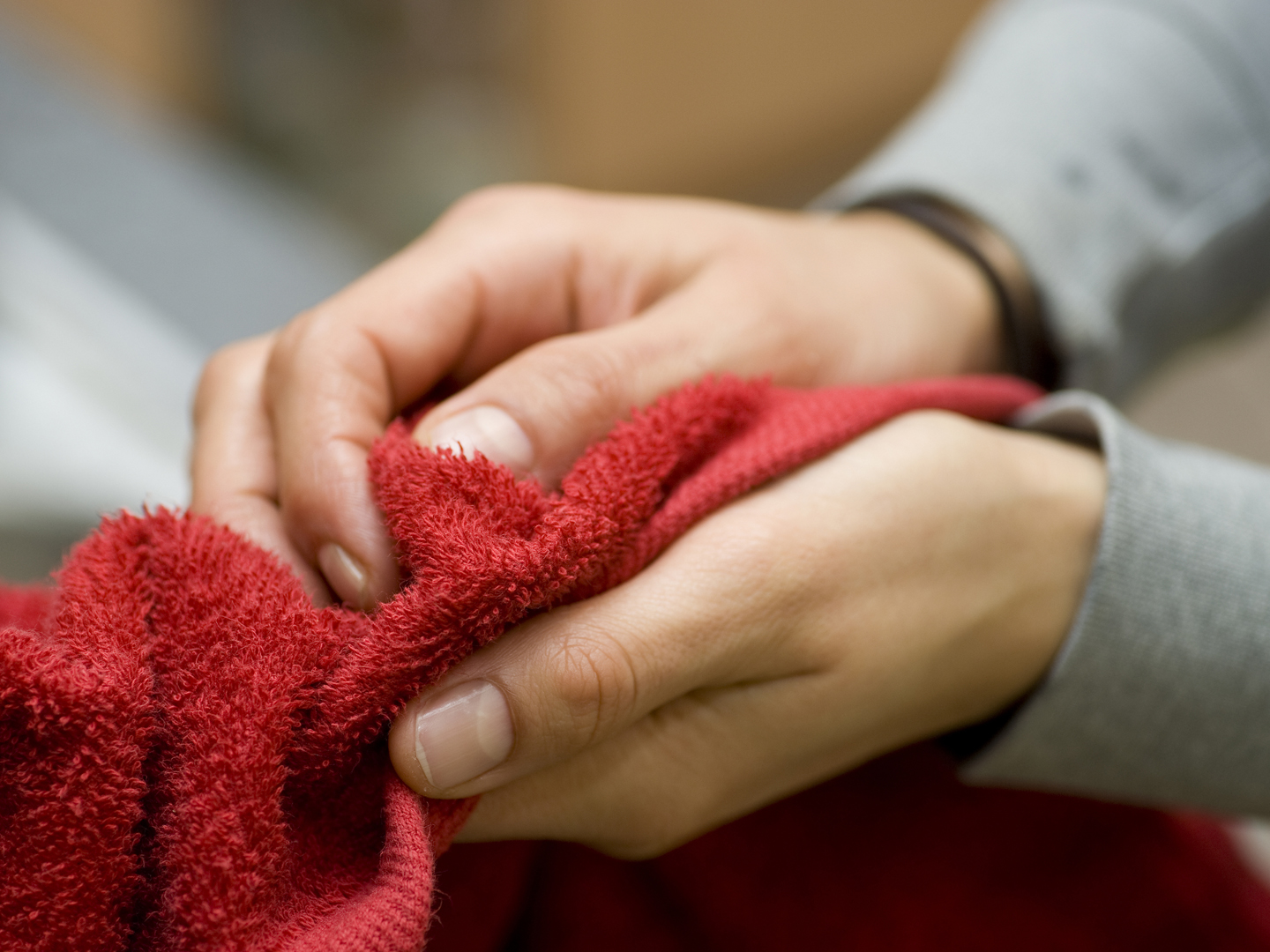Fending Off Germs In Flight?
The holiday season is approaching, and I’m going to be traveling a lot to visit relatives. I always seem to pick up a cold or the flu on airplanes. Is there anything I can do to protect myself?
Andrew Weil, M.D. | November 25, 2003
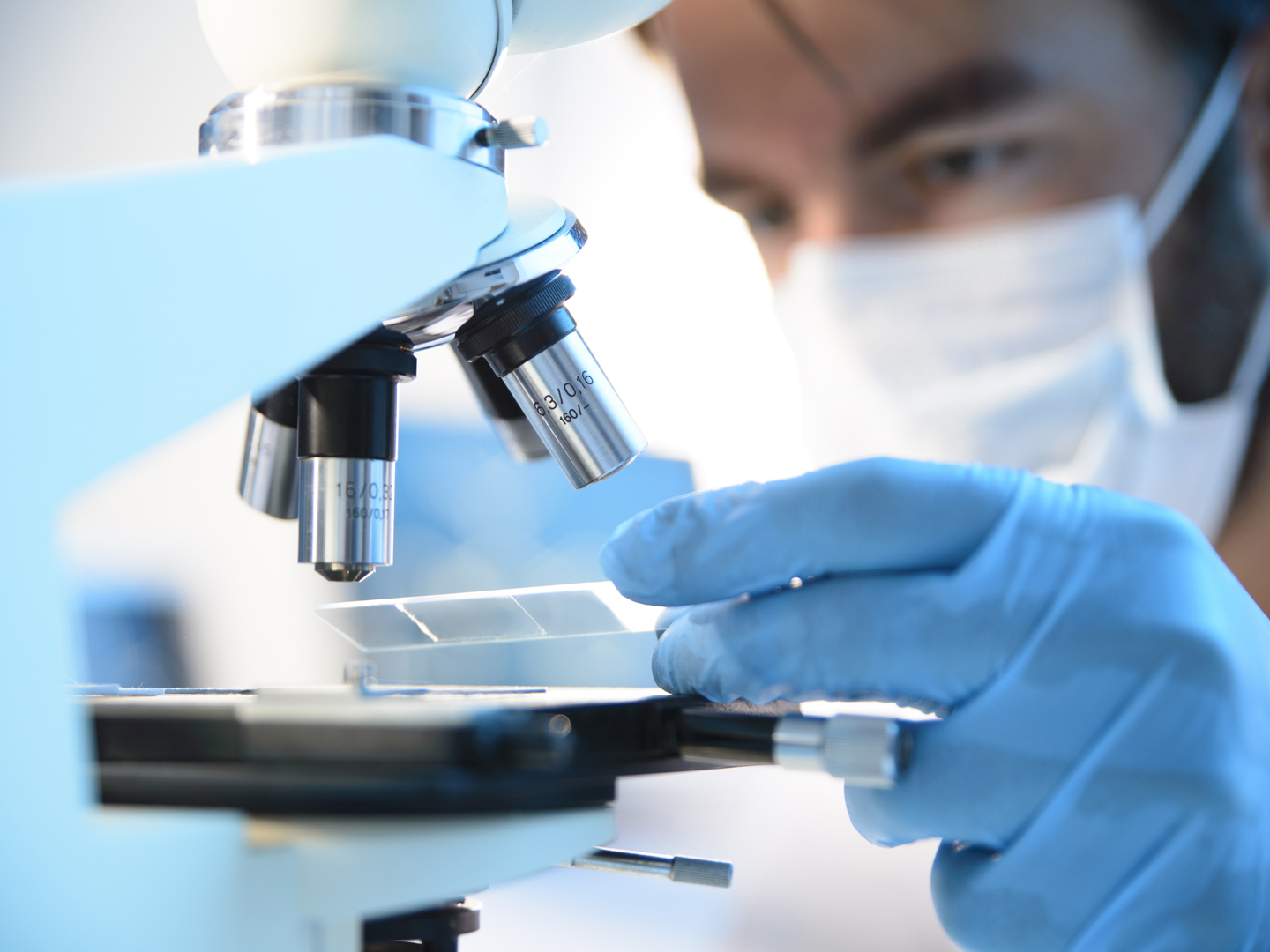
Flying does seem to put us at a higher-than-normal risk for picking up a cold or flu bug. A study last year from the University of California at San Francisco showed that about one in five passengers comes down with a cold within a week of a flight, about four times the risk you would have if you stay home.
Although the airlines deny that the recirculated air in cabins is the problem, flight attendants and other crew members have long complained about air quality and related it to their own physical symptoms – everything from headaches to dizziness and nausea. Cabin air can also be very dry, which makes us more vulnerable to colds and flu by irritating the mucous membranes that act as barriers against the bugs that cause them. And, of course, sitting in close quarters for a few hours can expose you to others who are harboring germs.
Your best defense is to wash your hands often and avoid touching your face. You infect yourself with cold and flu germs by picking them up on your hands when you touch doorknobs and other surfaces and then carry them on your fingers to your mouth, eyes or nose. To keep the mucous membranes in your nose moist and efficient, rub liquid vitamin E into your nostrils or use a saline nasal spray during your flights.
I recommend taking some echinacea (one dropper of the tincture in a little water four times a day) plus an immune boosting tonic such as astragalus help your immune system fight off any infections in the air. Avoid drinking alcohol and caffeine when flying because both can worsen the dehydration caused by low humidity on planes and make it harder for your body to adjust to time changes. Drink lots of water and, if possible, bring your own pillow or scarf to cover the airline’s pillow if you plan to sleep during your flights.
Andrew Weil, M.D.


